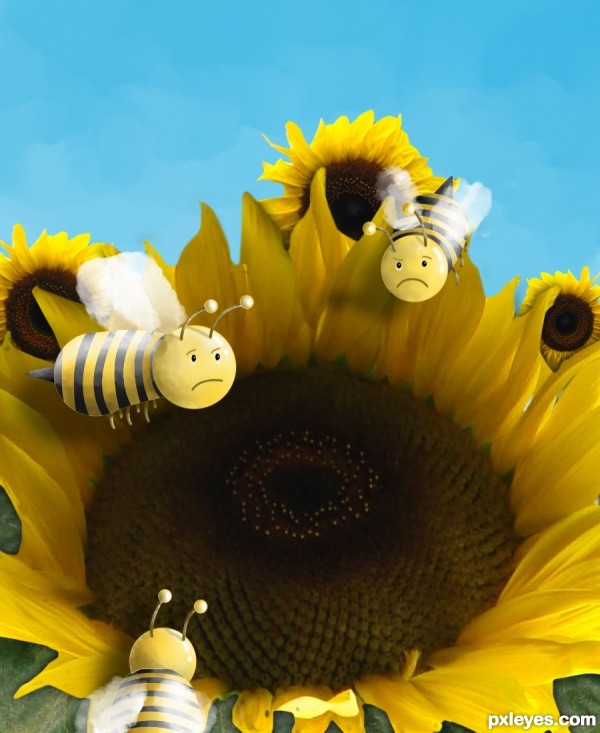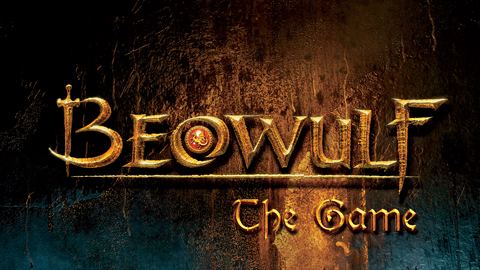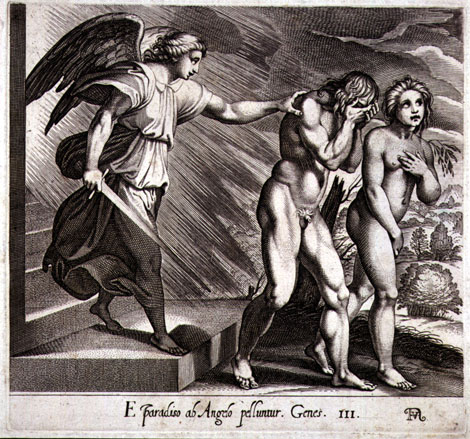About the poet –Poet, playwright, novelist, traveller James Falconer Kirkup (23 April 1918 – 10 May 2009) started his poetic career with short verses, haikus and tankas, went to become a prolific writer in the English literature. He became a Fellow of the Royal Society of Literature in 1962. Though less canonised in the British Isles, he has found his success in Japan where he breathed his last.
About the poem –The poem talks about the concept of global brotherhood and equality without any place for any kind of prejudice. It can be described as a post colonial poem which talks of globalisation and its resultant human unity worldwide. The poem seems to be written at a crucial time (around late 1940s) when the entire colonial world was revolting against their oppressors.
Analysis of the poem – The poem tells us that all the divisions based on nation, caste, colour, creed or religion are baseless since we all are similar in our basic need of the common resources for our life. We all have a common source of origin and we all are dependent on the same resources for our survival. Since we are all same, we must shun all violence of all kinds and unite to make our lives better. ‘Uniforms’ here signify the armies of the several countries who are constantly at war in the name of nationhood, religion or caste. ‘Single body’ breathes refers to the inherent similarity between all human beings. ‘Peaceful harvests’ refers to the fact that it is only in the times of peace that a civilization progresses. It is only in time of peace that everybody lives in harmony and contentedness. In fact if a war is raging in a country then that country faces the threat of starvation since all sorts of production comes to a halt.
This very idea is conveyed by ‘war’s long winter’. War renders a land barren. It makes the life of the people and the lands infertile, both of them are unable to create anything meaningful. ‘Hands’ and ‘lines’ stand for products and goods and literature respectively which come from various places. ‘Hells of fire and dust’ could refer to a wartime destruction of a civilization. It does obliquely refer to the atomic bombs which created as scene similar to this. In fact many scientists predict that in the event of a nuclear holocaust the entire earth will be covered with so much dust that the earth will be bound for a very long time in nuclear winter where in the absence of the sunlight nothing will grow.
The theme of the poem is pretty simple which deals with the theme of universal brotherhood. The poem says that we all humans are alike in our basic constitution sharing all the natural resources of the earth which blesses all humans alike.
As we can see from the word ‘remember’ the poem appears to be quite a didactic one which gives us the lesson that all humanity is alike in their heart and spirit. It seems to follow the Hindu ideal – ‘वसुधैव कुटुम्बकम् ‘, which means that the entire world is a family and nobody is a stranger. Ironically, however, we Indians, the originators of the idea have forgotten it and have come to be as xenophobic as any other culture in the world. However, we also have a rich heritage of cultural cohesion and co existence which is hardly displayed by any other culture. The poem is pretty simple and clear in its appearance. As already pointed out the tone of the poem is didactic and thus has to be as lucid as possible. We can pay attention to the number of metaphors which though not very forceful, yet create a sense of sensitive connections with the semantic values embedded in the text. Like any great idea the ideas referred to here are also simple and thus reach towards greatness.
Continue to Page 2
Some online learning platforms provide certifications, while others are designed to simply grow your skills in your personal and professional life. Including Masterclass and Coursera, here are our recommendations for the best online learning platforms you can sign up for today.
The 7 Best Online Learning Platforms of 2022
- Best Overall: Coursera
- Best for Niche Topics: Udemy
- Best for Creative Fields: Skillshare
- Best for Celebrity Lessons: MasterClass
- Best for STEM: EdX
- Best for Career Building: Udacity
- Best for Data Learning: Pluralsight

















I am a school teacher. I like to be well prepared before my lecture. Your explanation has helped me a lot of getting various types of ideas. Thank you
u r welcome and i am happy to help.
This summary has really helped me to understand the poem better.im a an english teacher teaching for classes 8th and 9th
Just i read this discription and feels relax nice writing u written thanks.
This is helpful to me to teach
Much helped by the summary , the idea which extends a better understanding, m english teacher teaching 9th n 10th standard . Thank you
It helps me alot in learning more points…im a student
I am a student i read this summary and found great relaxsation
Piece of good informations. it’s really helpful! thanks for such a mind blowing summary.
Superb very useful
Really nice to read and prepare for class.
Really best effort to make it easier.
Being a professional English teacher, I am much pleased to have a look on ur views ,Dear.It was helpful to a great extent and I convey my thanks to ur gudness.
I’m a student and it helped me a lot
Marvellous, Sir Chakraborty!
But I can’t connect or agree with your explanation of “Their hands are ours, and in their lines, we read a labour not different from our own”…
Say how could its meaning be the “goods and commodities we unconsciously relish and… “??
Don’t get me wrong, I just want clearer concept than that if that’s possible…
Thanks!
First, I did not hint that “Their hands are ours, and in their lines, we read a labour not different from our own” directly means “goods and commodities we unconsciously relish and”. Second, in a global economy the labour of one country becomes the product of another and vice versa, hence the line. Labour is a synechdoche of labour, the rest you can figure out….